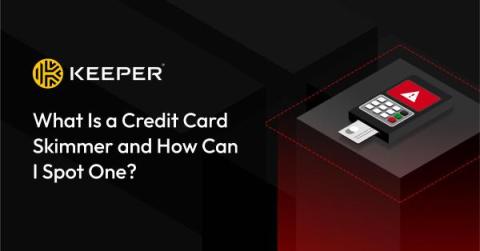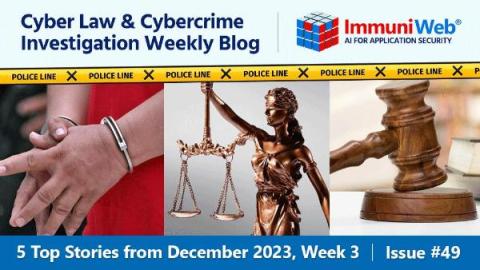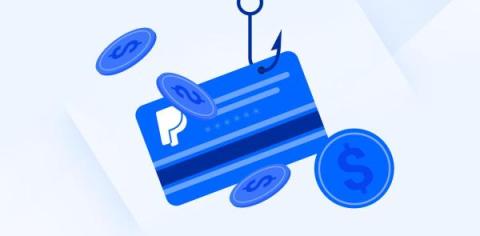What Is a Credit Card Skimmer and How Can I Spot One?
A credit card skimmer is a device that is attached to an actual card reader by a threat actor. Skimmers are commonly used by cybercriminals at non-bank ATMs and at gas station fuel pumps. Most skimmers installed at fuel pumps are placed outside of the view of the station administrator. Threat actors use skimmers to scan the information on a victim’s debit or credit card so they can commit credit card fraud or create counterfeit cards to sell on the dark web.







